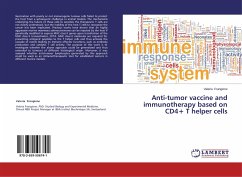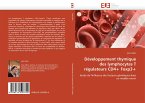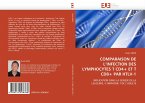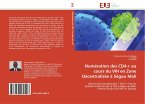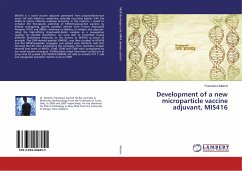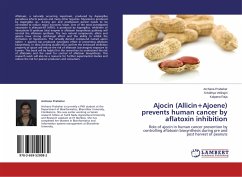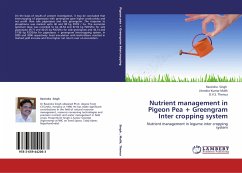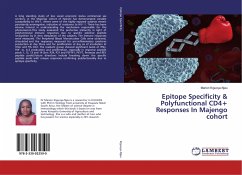Vaccination with poorly or not immunogenic tumour cells failed to protect the host from a subsequent challenge in animal models. The mechanisms underlying the failure of these cells to sensitize the therapeutic T cells are not clearly understood, but the inability of the host T cells to recognize the cancer has been implicated. Previous works have shown that an highly aggressive murine mammary adenocarcinoma can be rejected by the host if genetically modified to express MHC class II genes upon transfection of the MHC class II transactivator, CIITA. MHC class II molecules are required for presenting antigenic peptides to the T helper cells and thus activate the cascade of events leading to immune effector functions, such as antibody production and cytolytic T cell activity. The purpose of this work is to investigate whether the above approach could be generalized and thus extended to tumours of different histological origin. Moreover, it was assessed whether anti-tumour lymphocytes generated by this approach could be used as an immunotherapeutic tool for established cancers in different murine models.
Bitte wählen Sie Ihr Anliegen aus.
Rechnungen
Retourenschein anfordern
Bestellstatus
Storno

